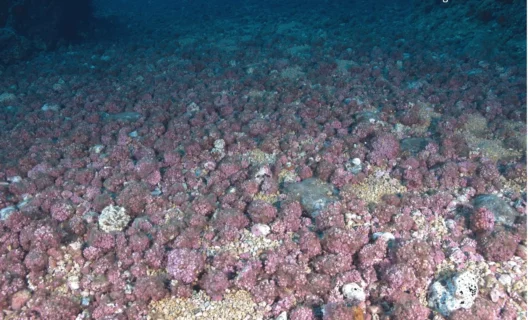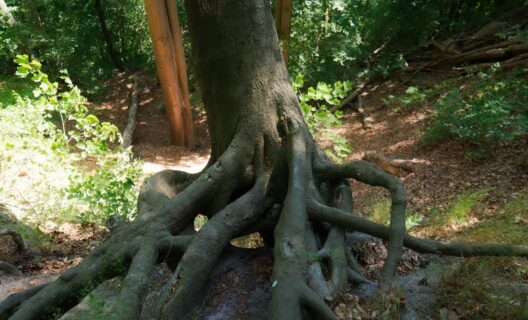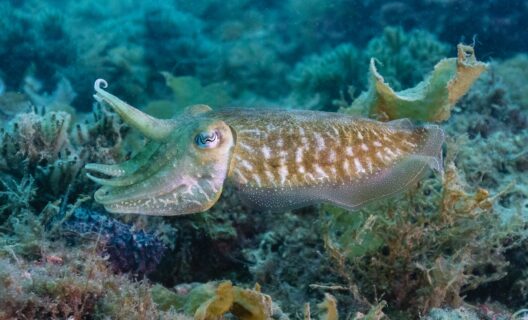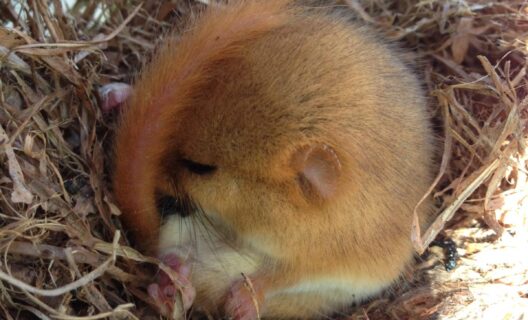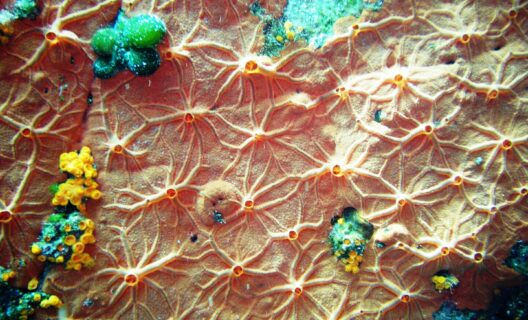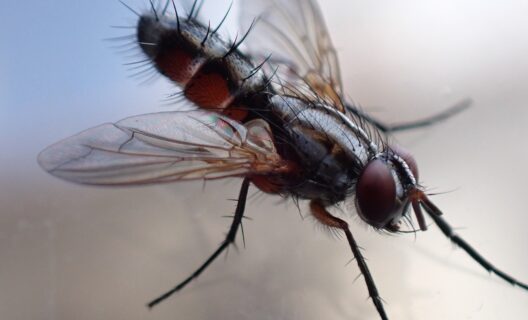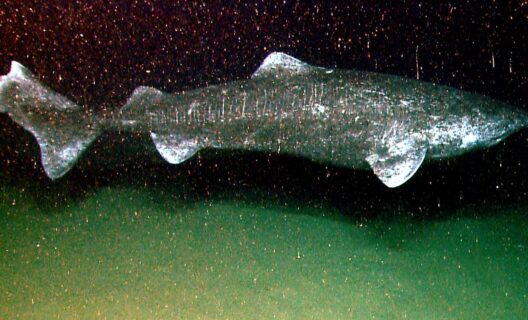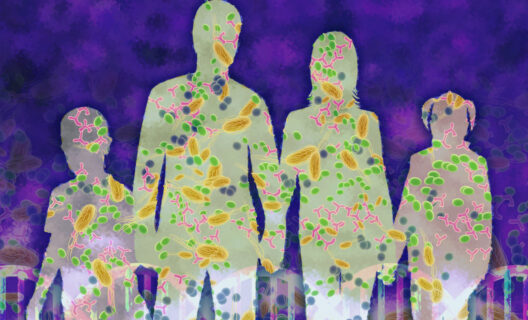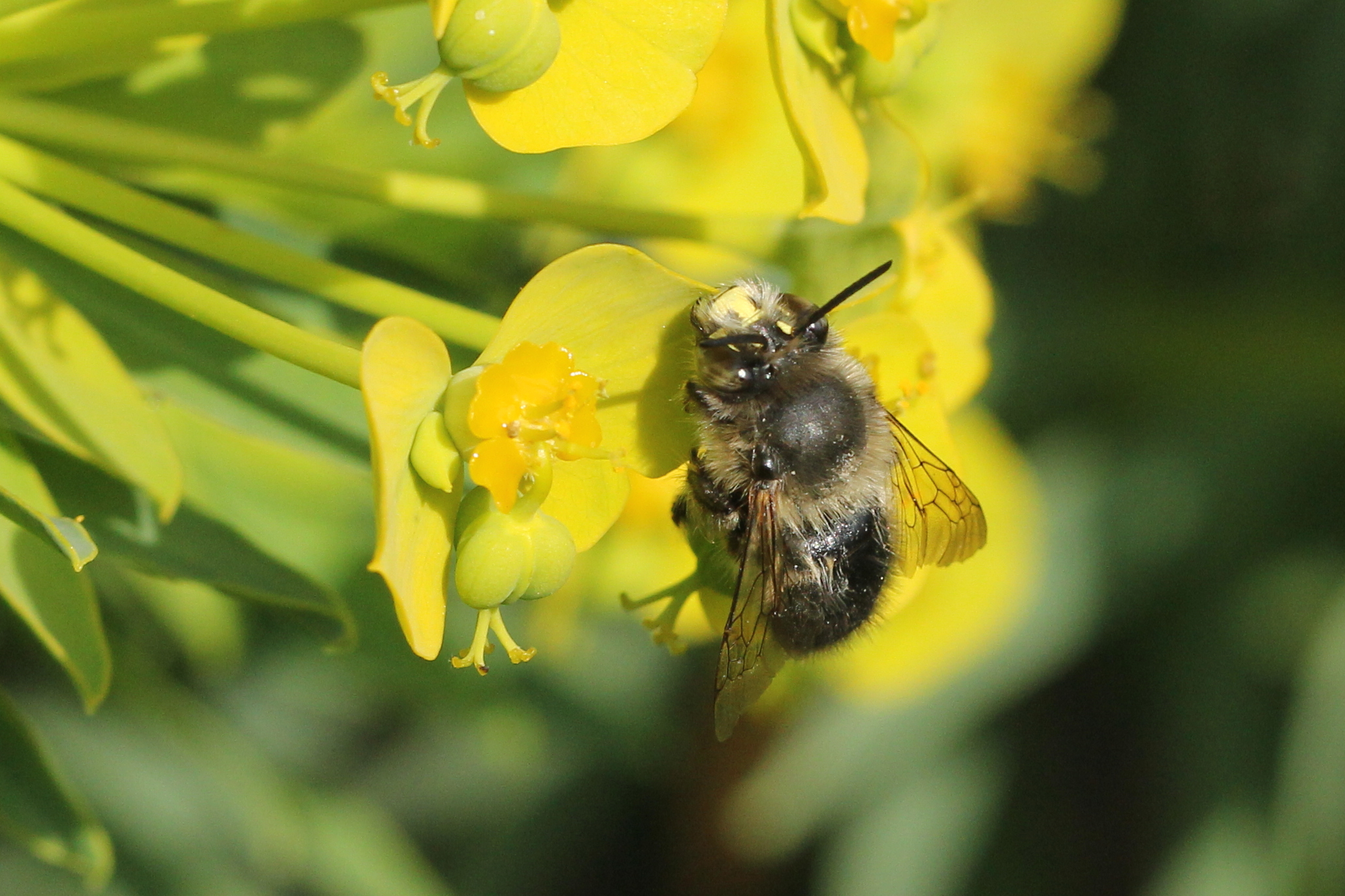

Reading time
0 min
According to a study, when resources are scarce, honey bees prevail over wild bee species
Studying bees and their behaviors, considering the important impact they have on ecosystems and consequently also on humans, is a fundamental prerogative to overcome the difficulties we will face in the future. For this reason, researchers from the Universities of Florence and Pisa conducted a study on theisland of Giannutri to understand what happens between honey bees and other bee species when they find themselves confined to an area with scarce resources. The research, titled “Island-wide removal of honeybees reveals exploitative trophic competition with strongly declining wild bee populations,” was funded with funds from the Ministry of Environment and Energy Security, the National Operational Program (NOP) of the Ministry of University and Research, and the National Biodiversity Future Center (funded by the European Union under the #NextGenerationEU – PNRR program).
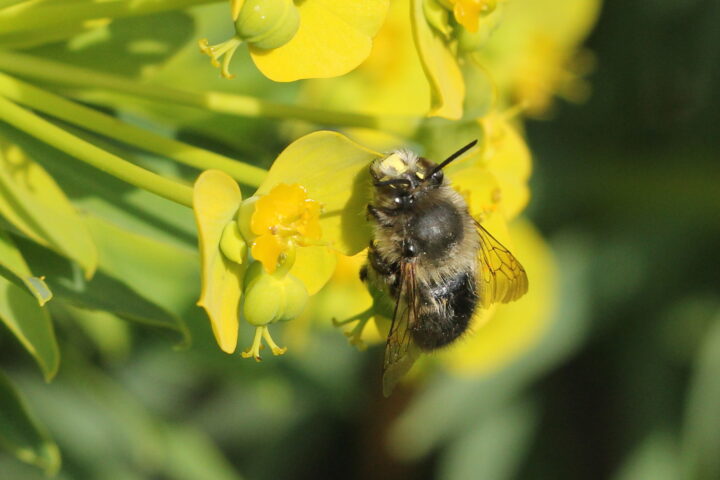
""
The results of the study, which lasted four years, were published in the journal Current Biology. “This is the first study that has managed to show how competition between honey bees and other bee species can be resolved in favor of the former, especially in restricted areas without sufficient floral resources for all wild and managed species,” explains Leonardo Dapporto, professor of zoology and Unifi scientific contact for the research.
""
The survey born out of the decline of bees, a worrisome phenomenon
Why do we need to be concerned if honey and non-honey bees are experiencing a decline? The answer is related to the functions of their actions affecting plant reproduction and the stability of natural and agricultural ecosystems. The decline of wild bees is due to multiple factors, fundamentally human in nature: habitat destruction, exploitation of environments, pesticide use, climate change, and the spread of alien and invasive species. In recent years, moreover, suspicions have arisen that also contributing to this decline may be bees bred in captivity by humans who monopolize resources.
""
The island of Giannutri, an “open-air laboratory”
The choice to employ theisland of Giannutri to conduct the study is not accidental. This is told by Dapporto, who explains how the entire island, chosen because the honey bee is not present, was used as “an open-air laboratory to evaluate a possible negative effect of a large density of honey bees managed by beekeepers on wild bees, which are a fundamental part of the island’s natural pollinators.”
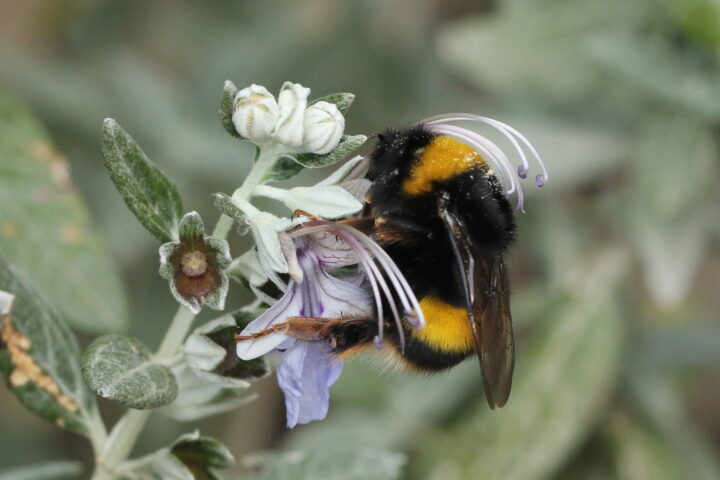
""
This is a once-in-a-lifetime opportunity for a unique study of its kind, because as Alessandro Cini, Unipi scientific contact person, explains, “The Tuscan Archipelago National Park had asked us to verify the impact on apoids caused by the presence of an apiary on the island, provided with 18 colonies. This was a unique opportunity: on the one hand, a circumscribed and controllable area, and on the other hand, the possibility of temporarily removing all human-managed honeybees from that environment.” .
""
How did the researchers do it?
The study was done in phases, as explained by Lorenzo Pasquali, first author of the research and Unifi doctoral student: “We temporarily prevented honeybees from gathering resources on the island for a few hours on some days by closing hive exits in agreement with beekeepers. This absence produced a rapid increase in the resources available to wild apoids, namely pollen and nectar, causing the insects to change their behavior so as to take up more resources in a shorter time. Specifically, pollen and nectar on flowers increased by 50% and 30%, respectively. Without competition, wild bees became more active in foraging, spent more time on flowers sucking nectar, and took less time to take pollen.”
""
Conclusion: beekeeping permit denied on the island.
The research showed how the effect of honeybees could cause, to a considerable extent, the sharp decline of wild pollinators: “We are talking about a decline of 80 percent, almost an extinction,” Dapporto says. Reason why, precisely on the basis of this data, the Tuscan Archipelago National Park has decided not to confirm permits to conduct beekeeping on the island of Giannutri.
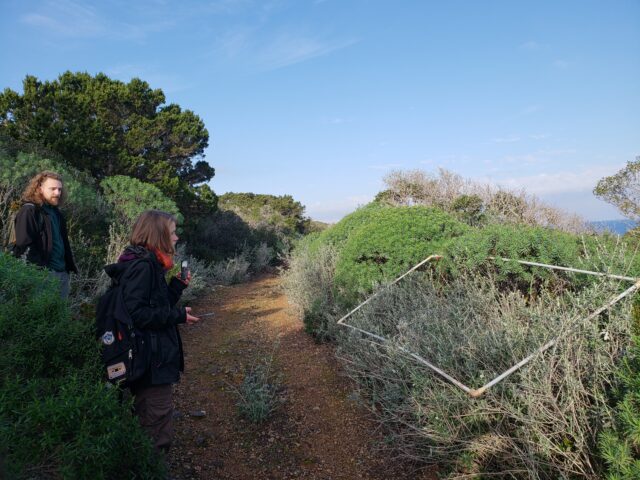
""
Research groups are observing whether there will now be an increase in other species of apoids and other pollinators during the long period of absence of honey bees. However, it is important to point out that beekeeping does not necessarily represent a harmful practice; on the contrary, “we like to emphasize that beekeepers have remained the last ‘custodians’ of the honey bee, as this species has practically disappeared in the wild in recent decades. The context of the island of Giannutri is very particular, here the honey bee probably cannot survive in the wild state,” explains Elisa Monterastelli, Unifi author of the research and popularizer expert on wild bees.
The journey goes on
Every story paves the way for the next: discover where biodiversity takes you


